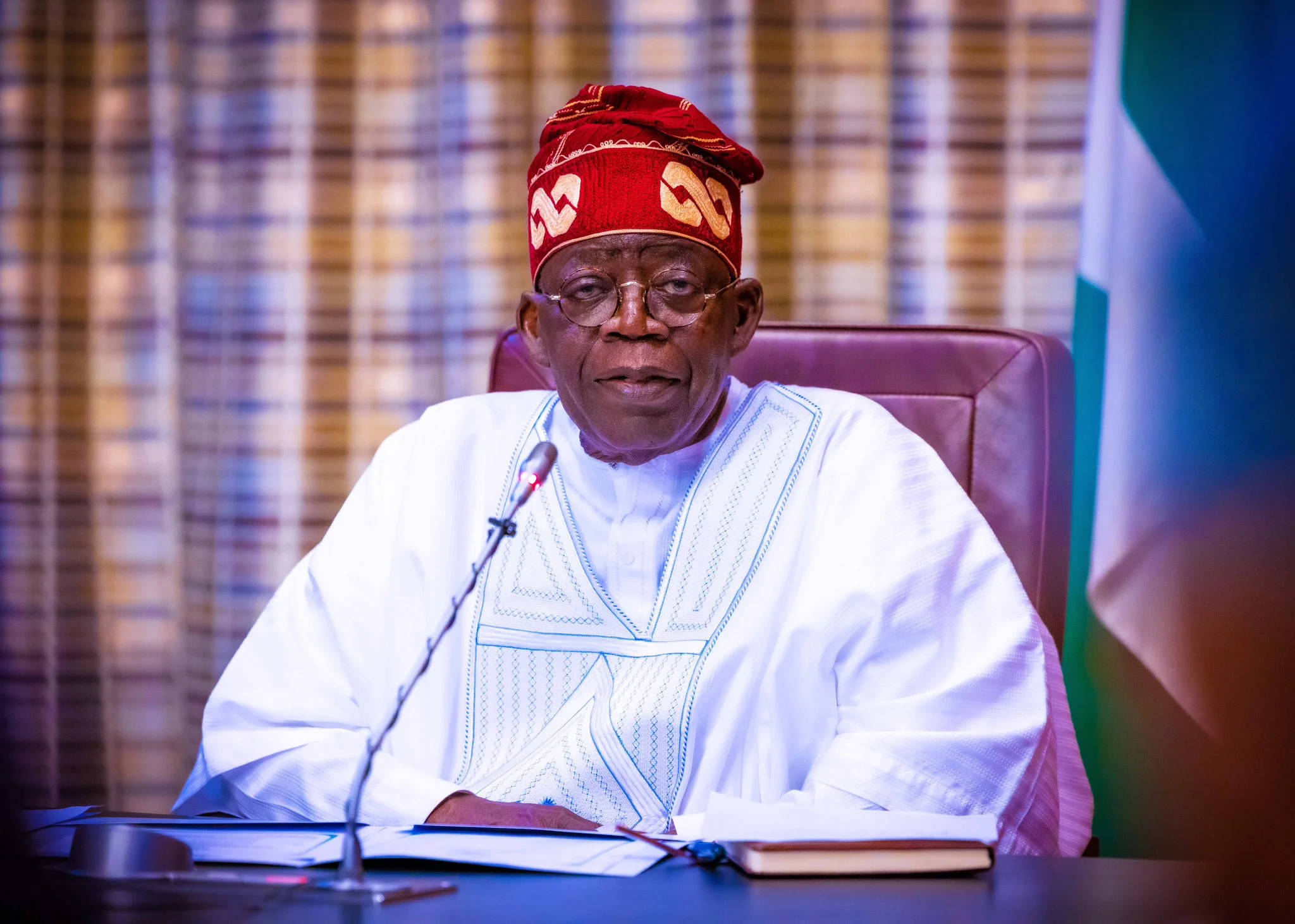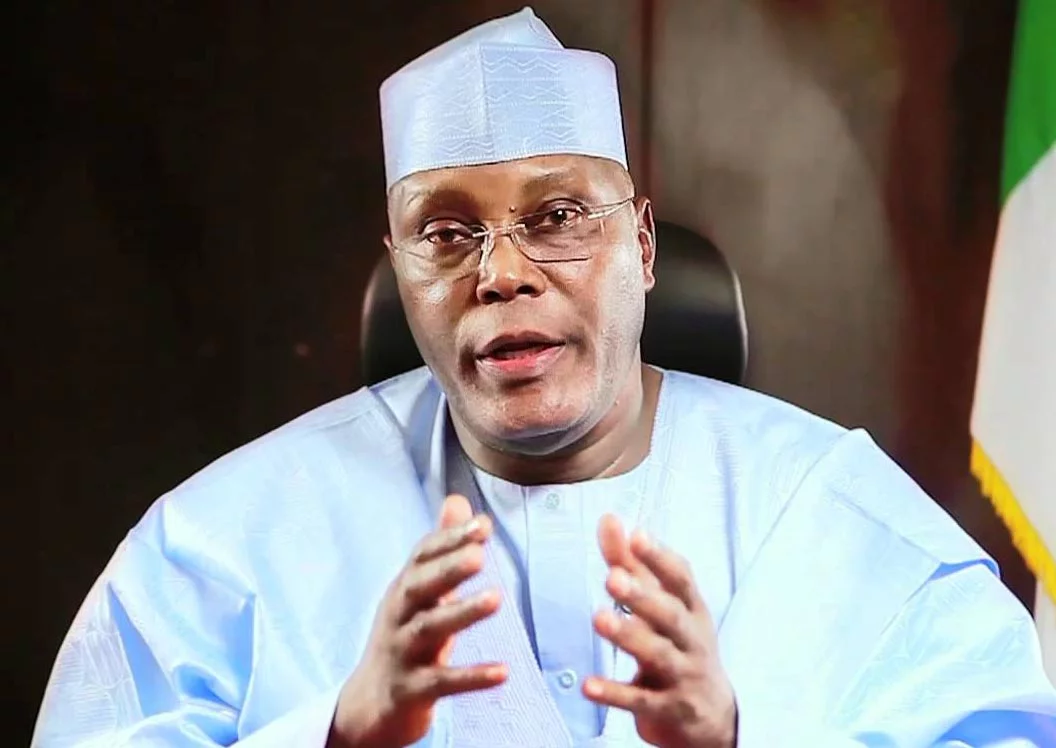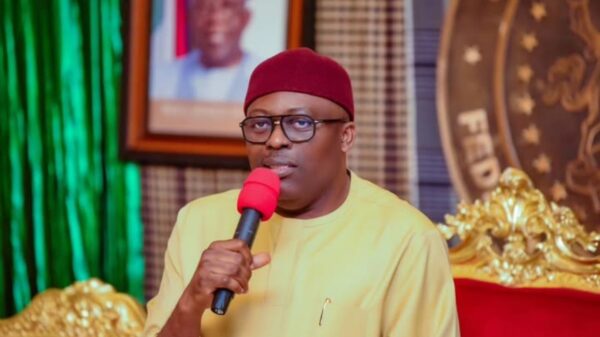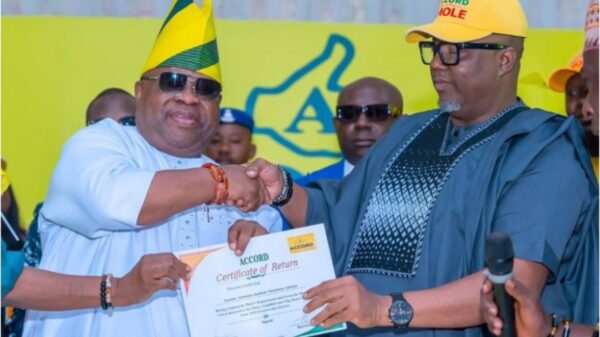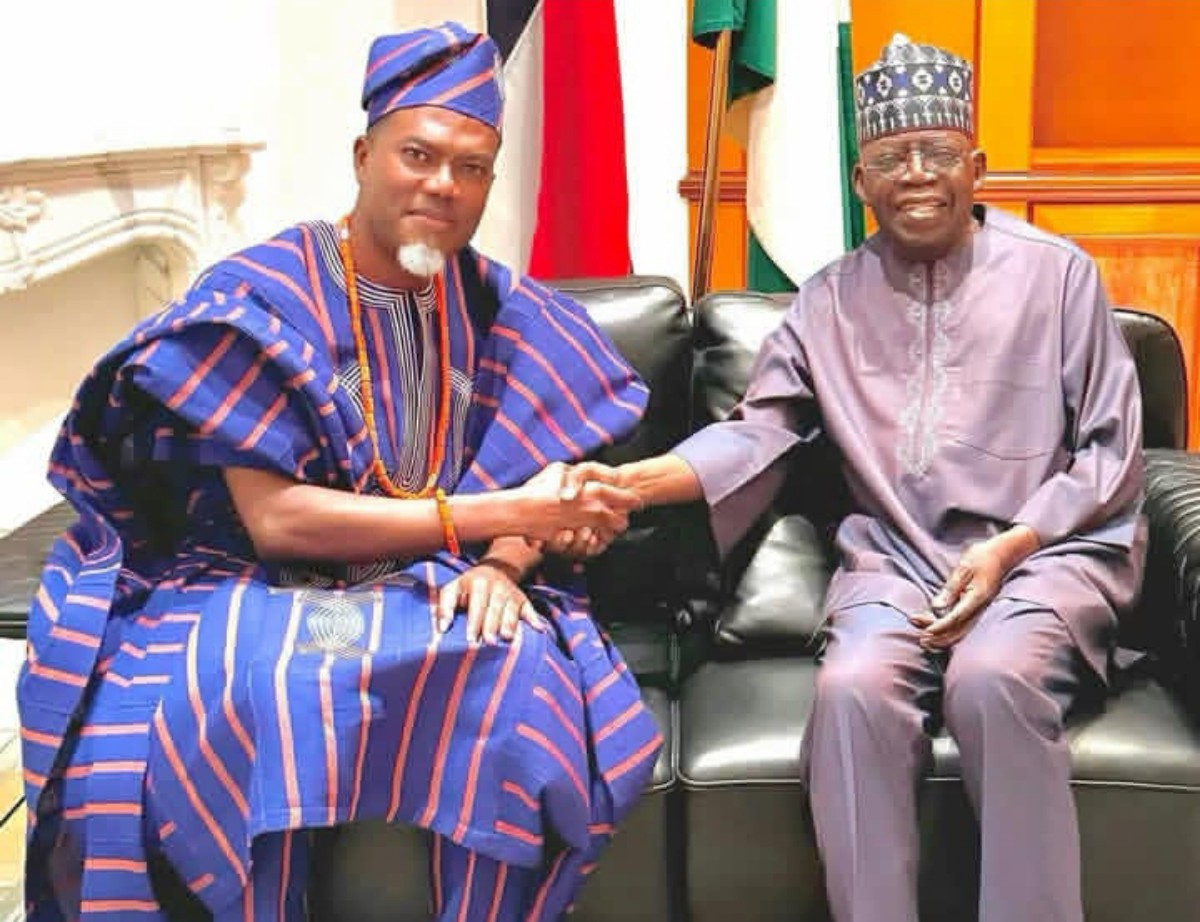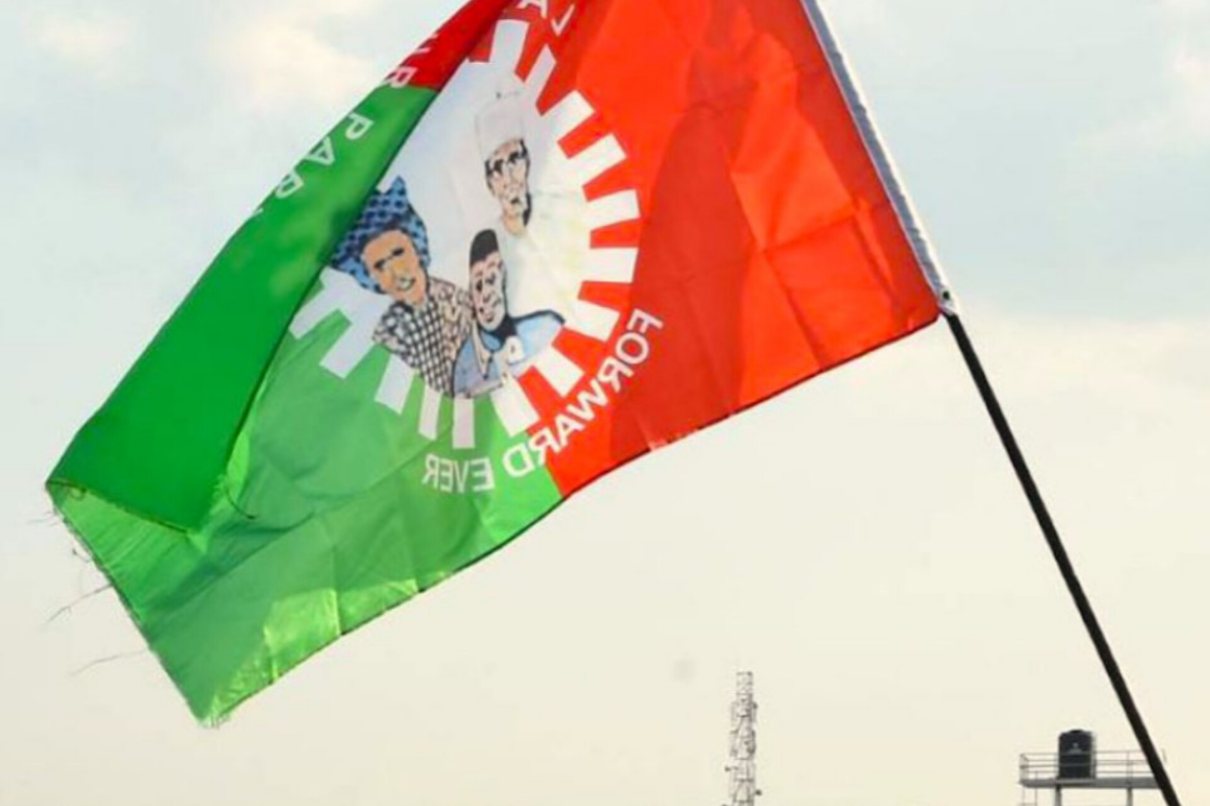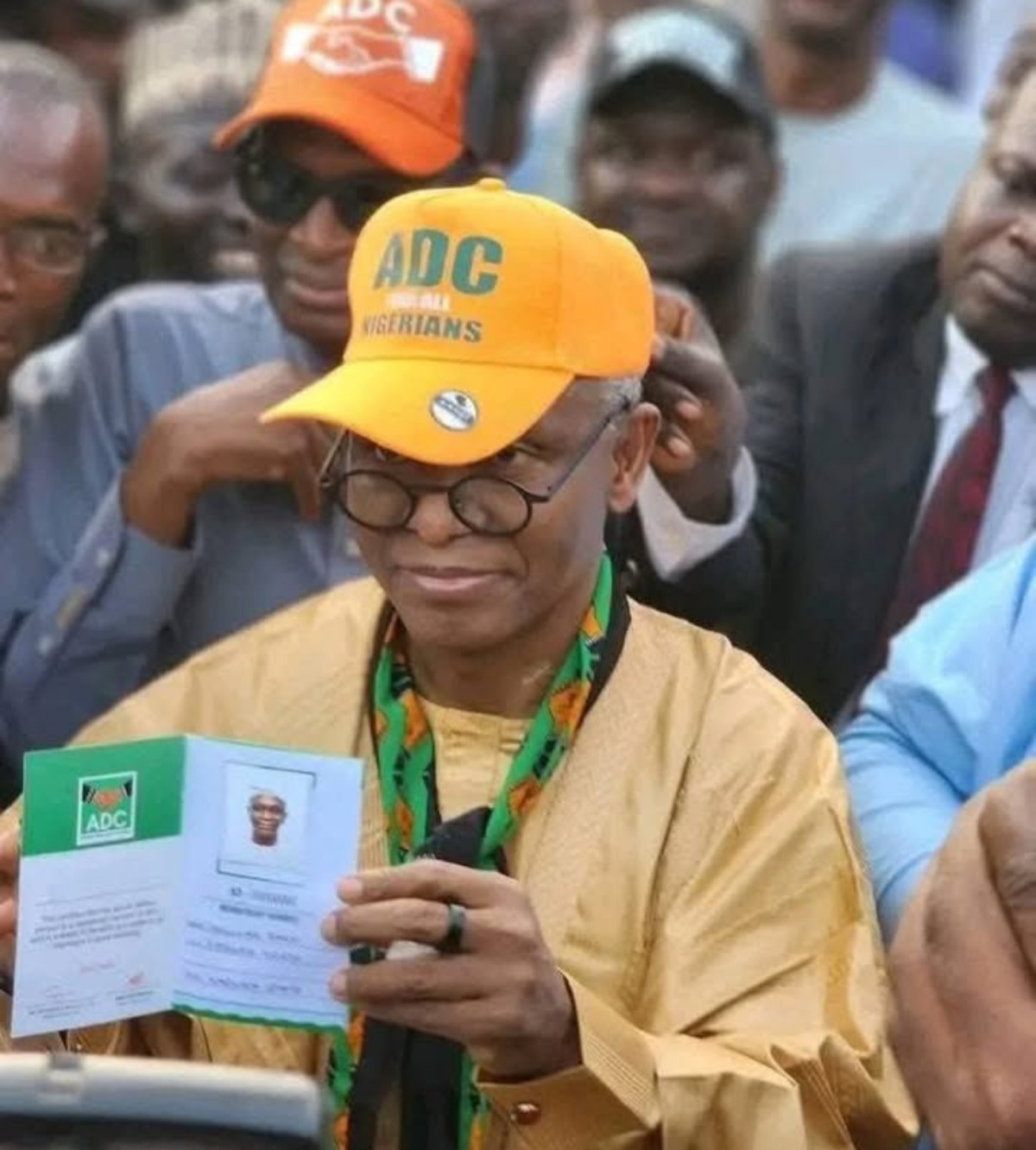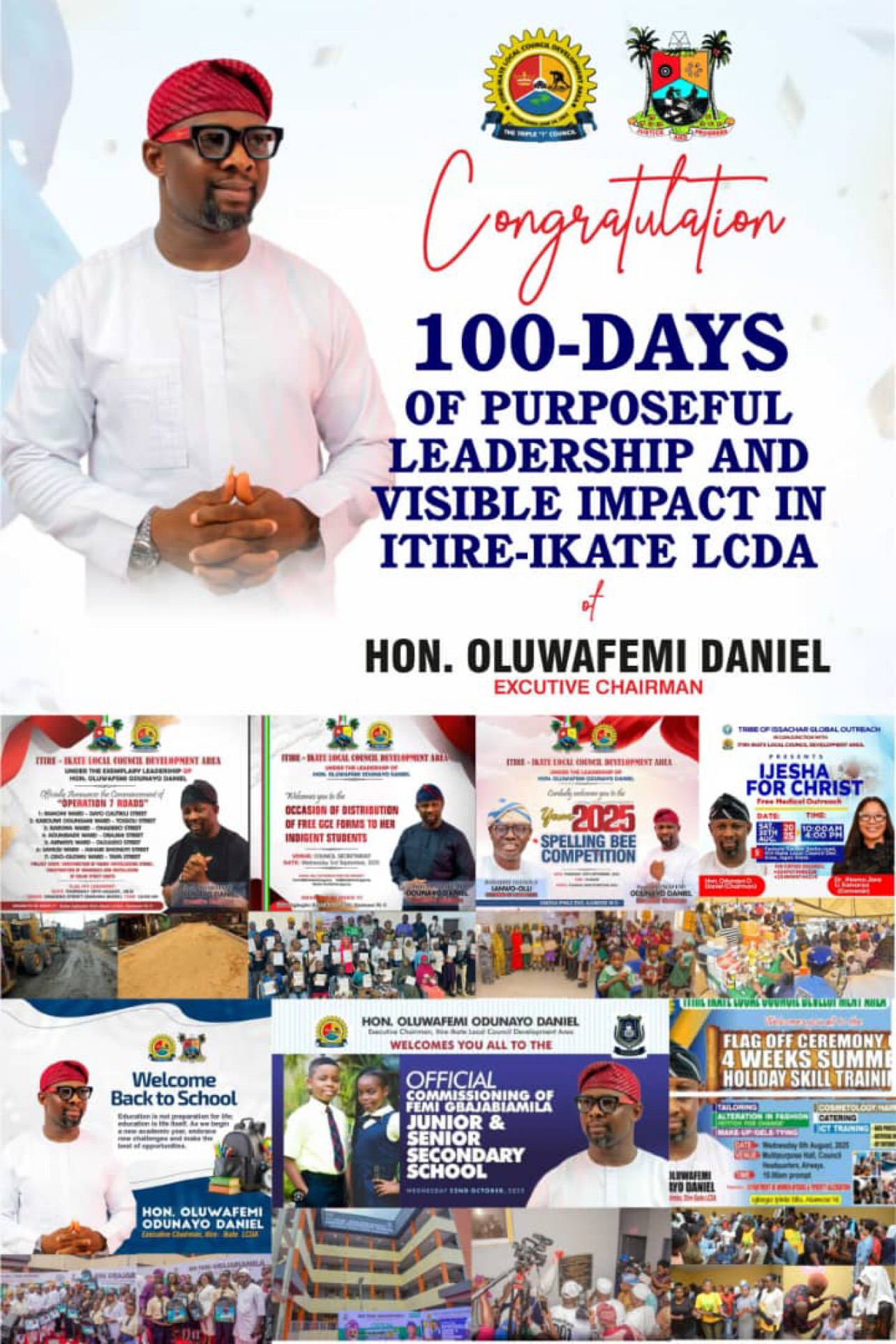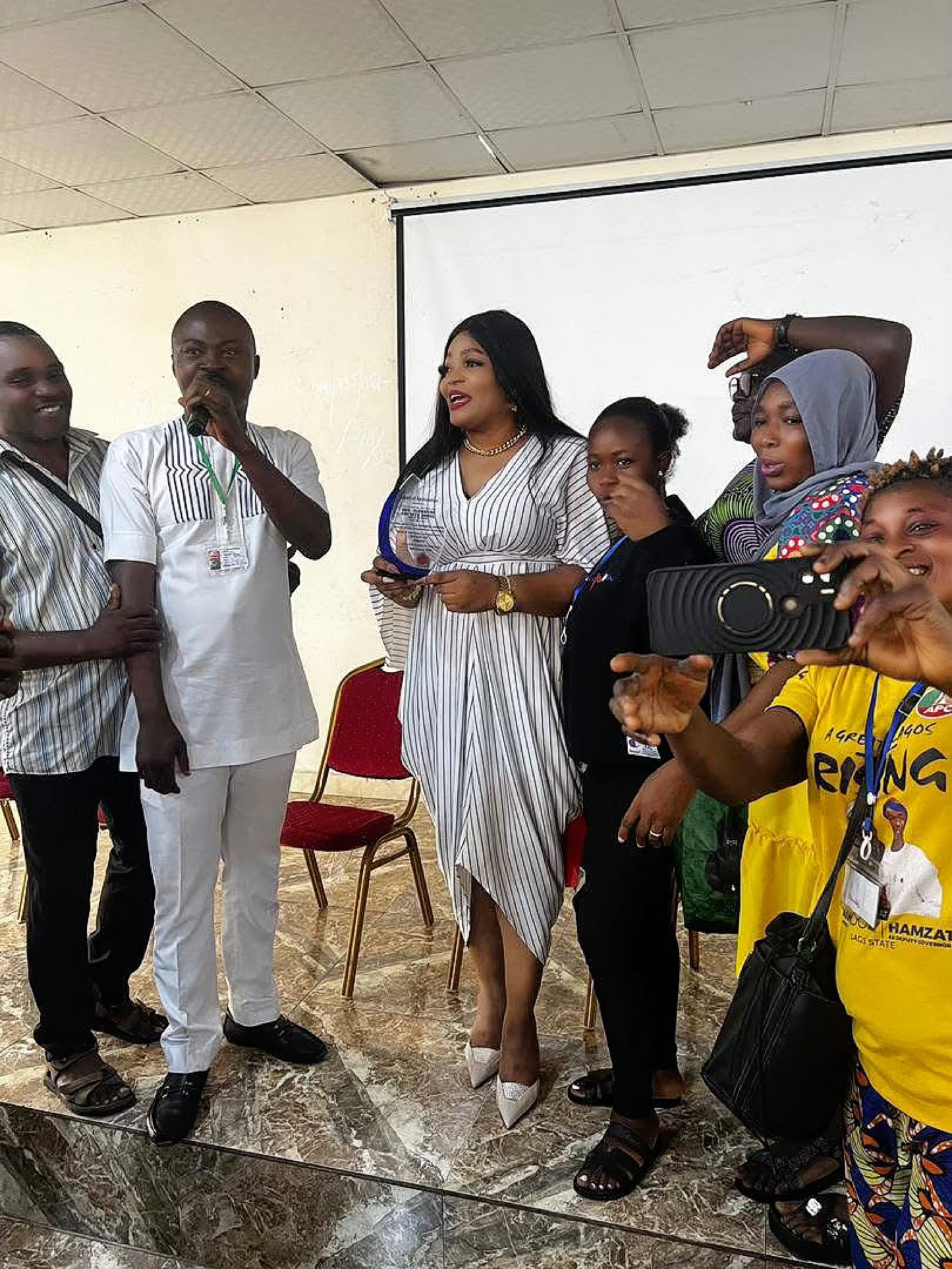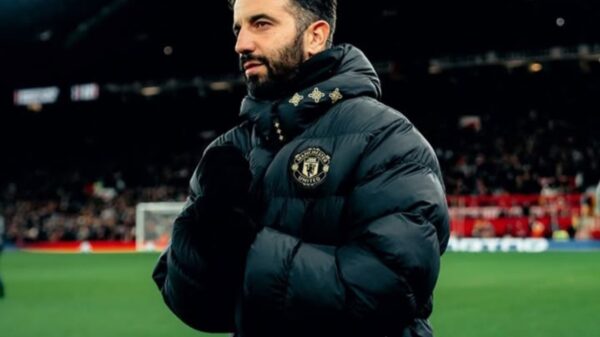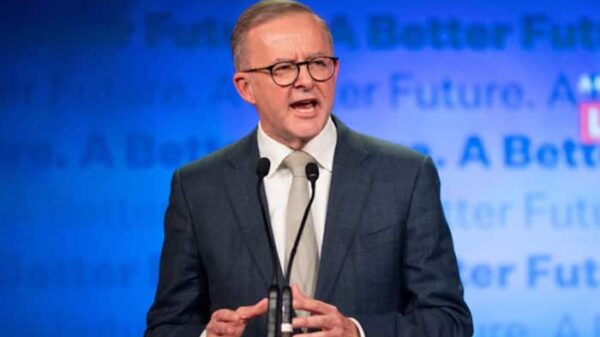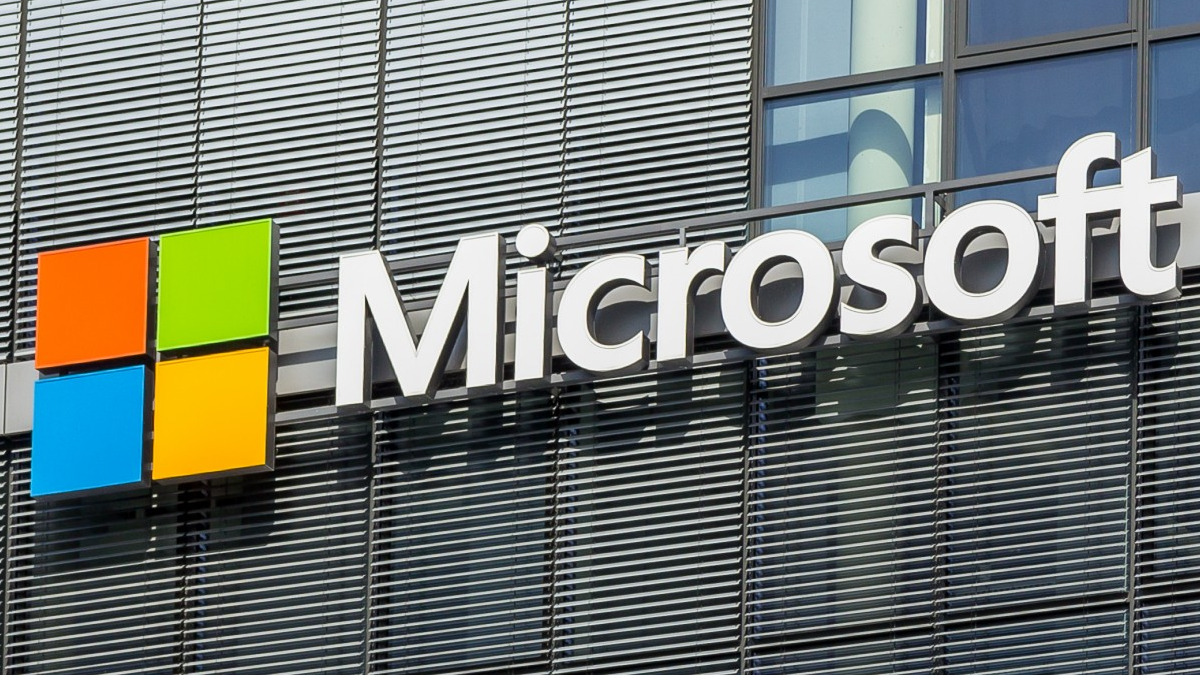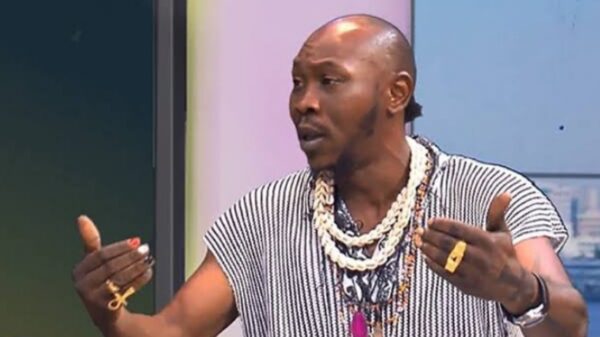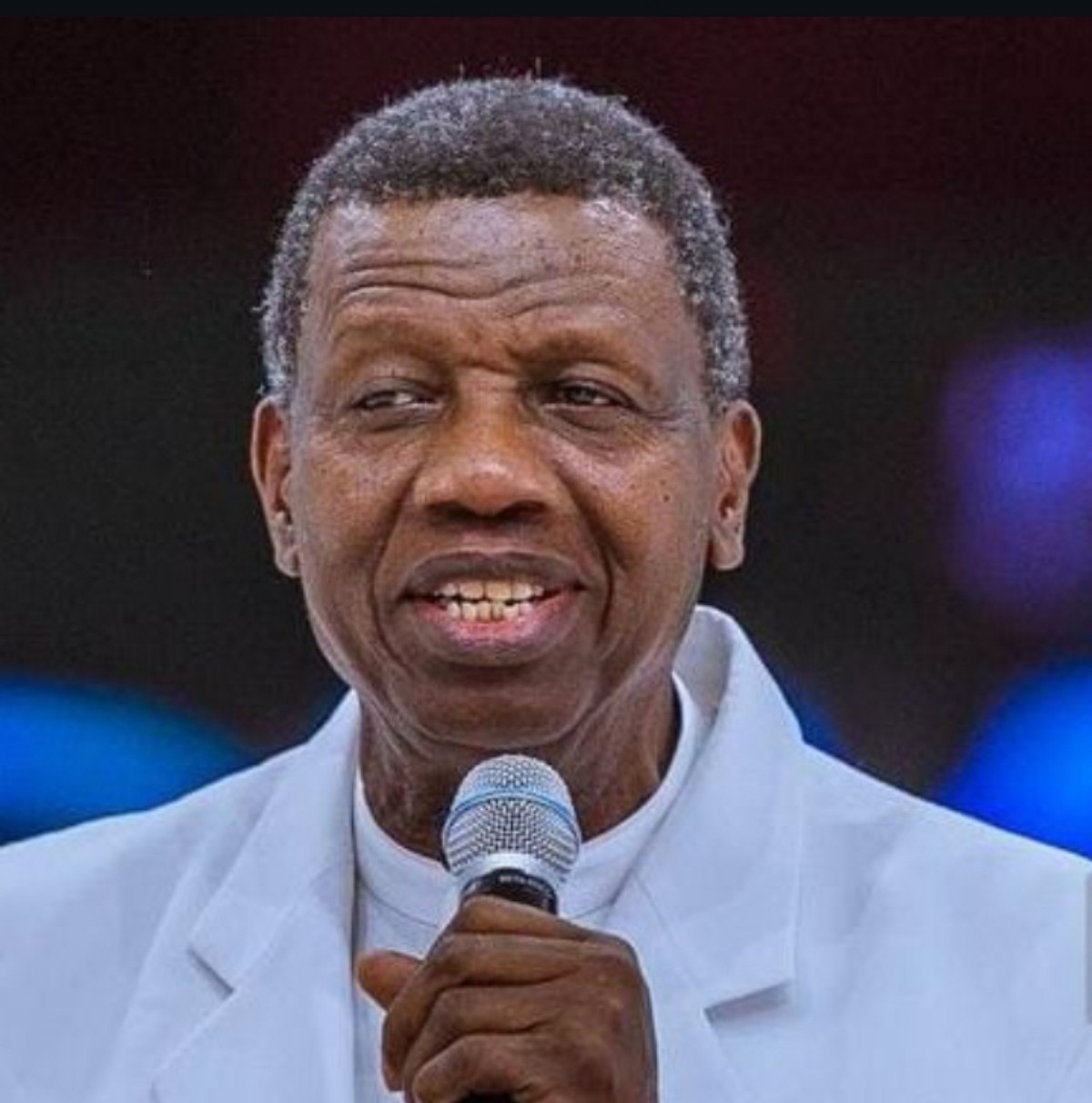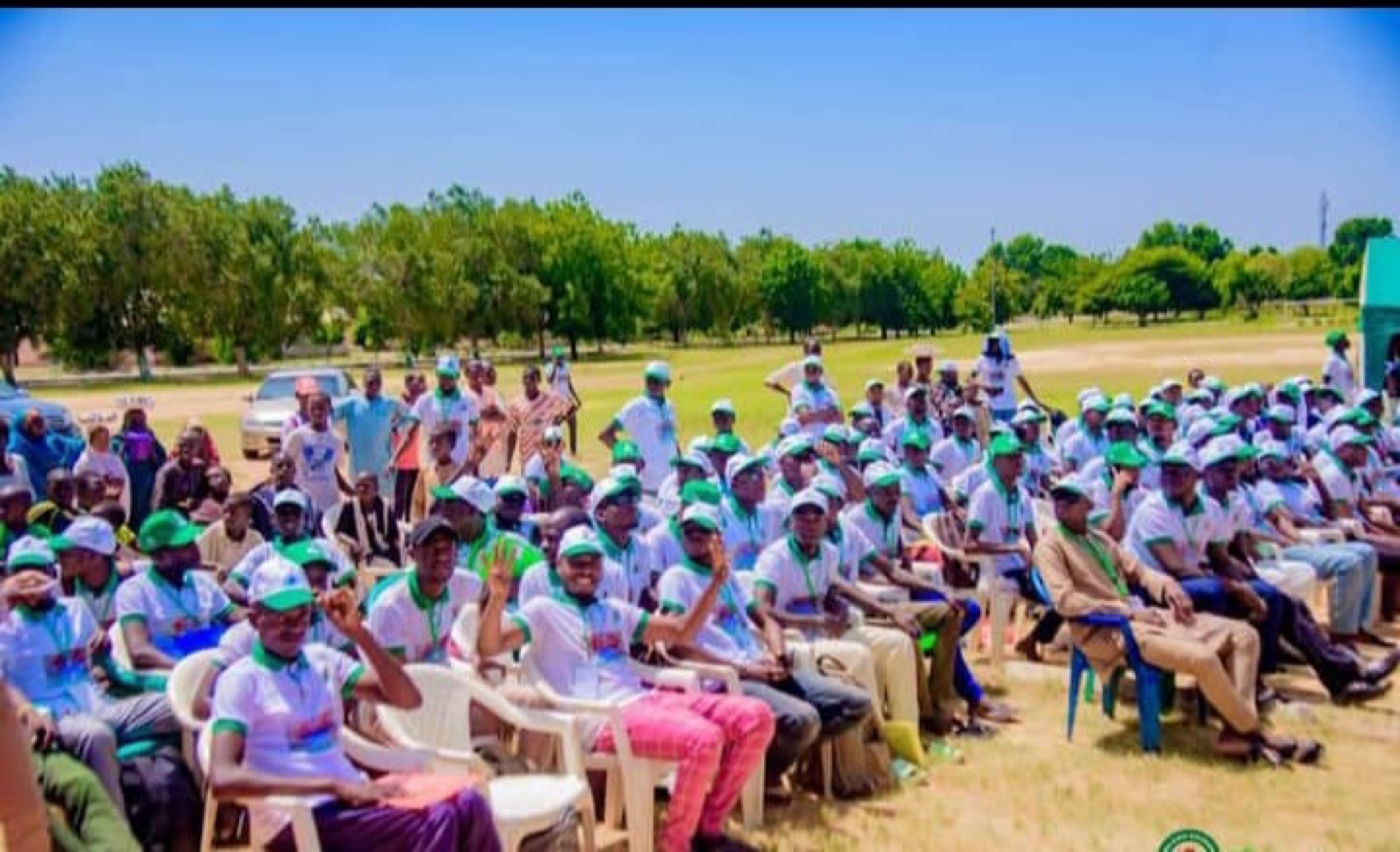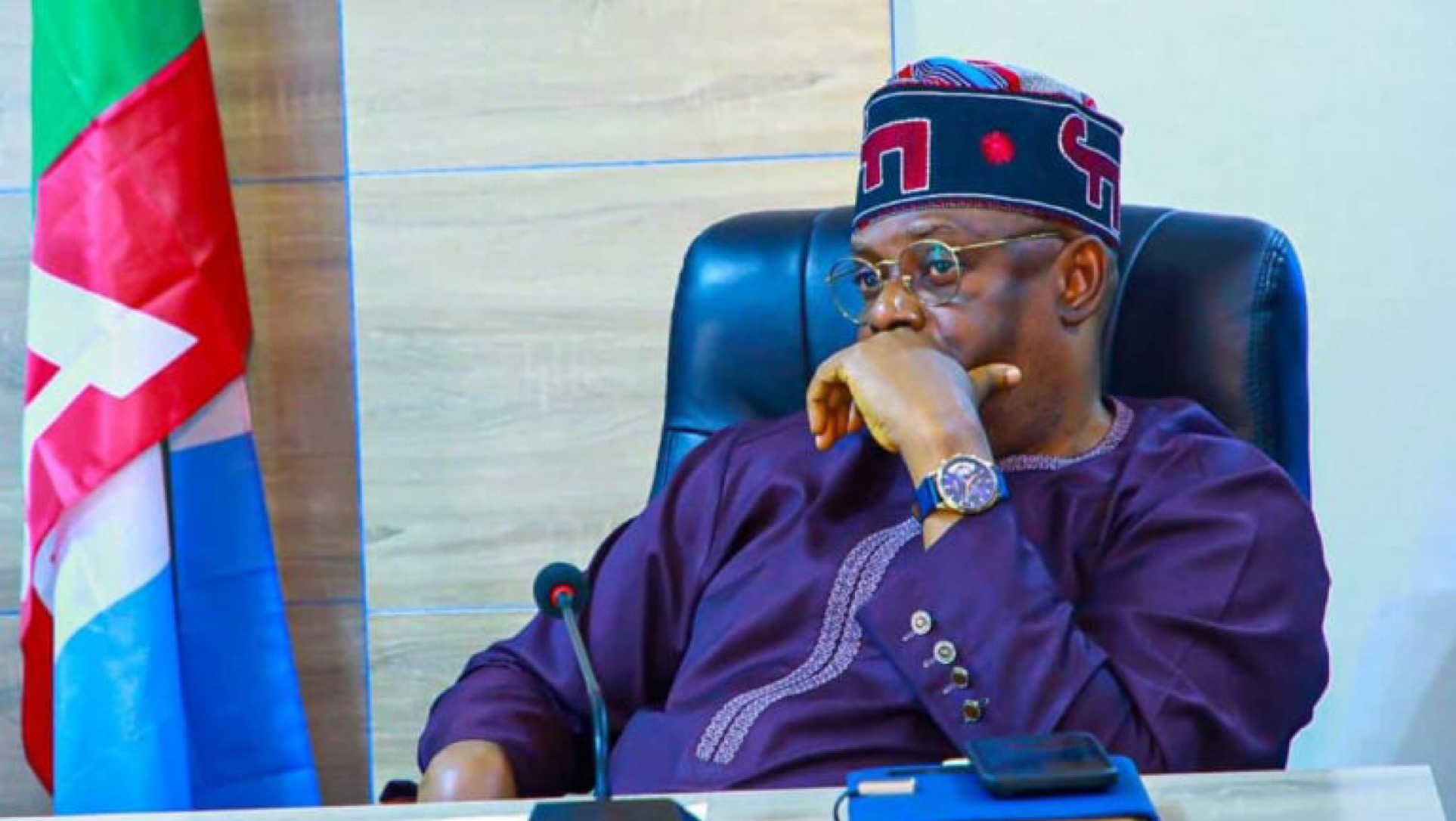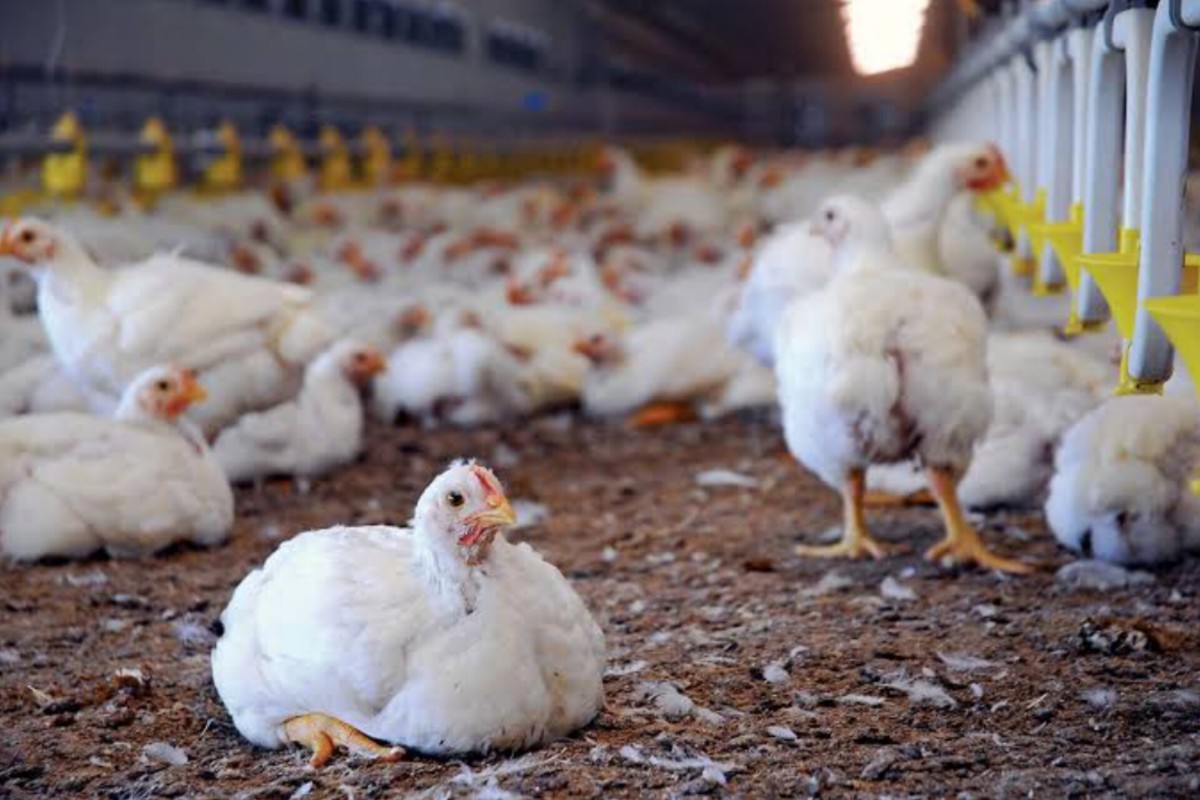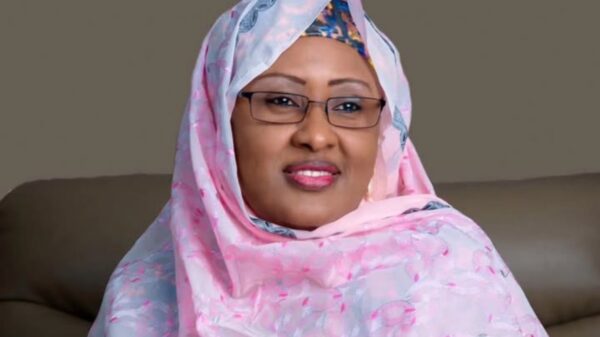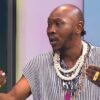
A former presidential spokesperson, Dr. Doyin Okupe, has characterized opponents of the proposed Tax Reform Bills as Nigeria’s enemies, stressing that the changes are “pro-poor and pro-development.”
Speaking in a Lagos interview, Okupe said he was shocked that anyone would be against changes meant to reduce corruption and ease the financial burden on the poor.
“Any right-thinking human being who has had the opportunity in these last two months or so to listen and to read what the tax reforms are all about and goes against it is an enemy of the country,” Okupe said.
He went into further detail about the reforms, emphasizing the steps intended to guarantee more equitable taxation for enterprises and to exempt the vast majority of impoverished residents from paying taxes.
“We are saying that majority of poor people should not pay tax, how can anybody be against that? These reform bills are saying that companies that are not making money cannot be taxed arbitrarily. Their taxation will be based on revenue that they have generated and profit that they made, not on turnover. And if your turnover is below 50 million, you are exempted, should anyone oppose this? If these tax bills can be passed, they will also help reduce corruption,” Okupe added.
Some northern stakeholders opposed the measures, but Okupe dismissed their worries as baseless, pointing out that Nigeria’s existing reliance on oil money is unsustainable.
“Go and look at all countries in the world, the major source of revenue for government is taxation, but we don’t consider tax as an issue because we just take the oil, and then look at what are we going to get in the next 12 months for budget,” he explained.
While praising the Federal Inland Revenue Service (FIRS) for its recent revenue-generating achievements, he pointed out that Nigeria still has one of the lowest tax-to-GDP ratios in the world.
“Our tax-to-GDP ratio is one of the lowest in the world, and here is a country that requires immense amount of money and revenue for development. Population is high, land mass is big and huge. Therefore, we need money, and this tax reform is saying, ‘yes, we need money, but we cannot tax people who are already strangulated. Leave those ones alone.
“There are young people who are making money, who go to clubs and spend N3 million, N4 million and so on in a night. Those are the people that need to be taxed, not the man at the door earning N70,000 monthly,” Okupe argued. He dismissed concerns about the timing and speed of the proposed reforms, stating that addressing the country’s economic challenges requires urgency.
“Whatever is causing economic and financial hemorrhage must be given the speed it requires,” he said, emphasizing that the reforms would bolster states’ internally generated revenue and improve the welfare of citizens.
Additionally, Okupe advised President Bola Tinubu to make sure that revenue-generating organizations are closely watched in order to eradicate corruption.
“With adequate technology in place, the fight against corruption would be won, and Nigerians would be free,” he said, adding that agencies such as Customs, Immigration, and the Nigerian Ports Authority should adopt emerging technologies to tackle corruption effectively. When these reforms that Bola Tinubu is introducing, when they come on-stream, corruption will go,” Okupe concluded.
President Tinubu delivered the Tax Reform Bills to the National Assembly on October 3. These bills comprise the Nigeria Tax Bill, Nigeria Tax Administration Bill, Nigeria Revenue Service Establishment Bill, and the Joint Revenue Board Establishment Bill.
The goal of the revisions, Tinubu reaffirmed in a recent presidential media talk, was to “eliminate colonial-based assumptions” from Nigeria’s tax structure.


